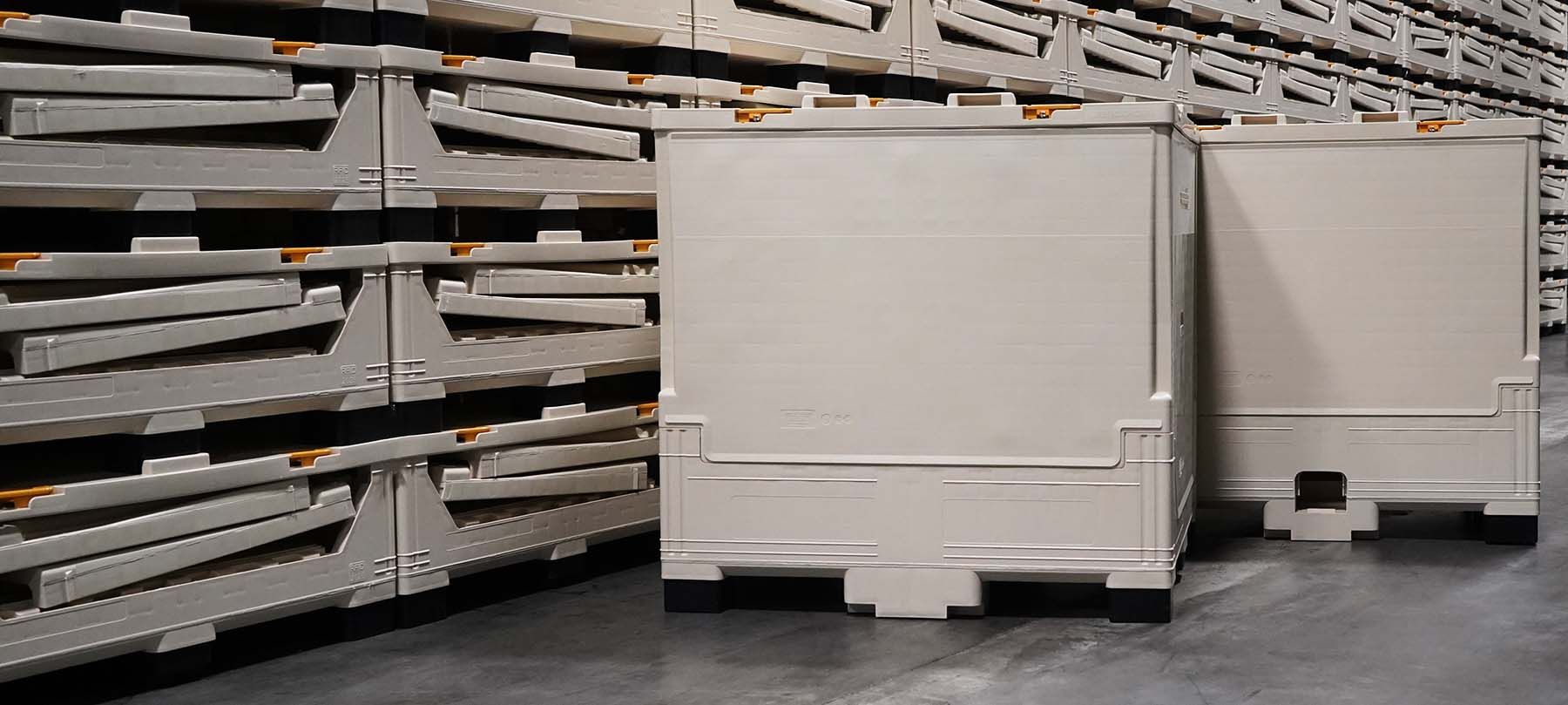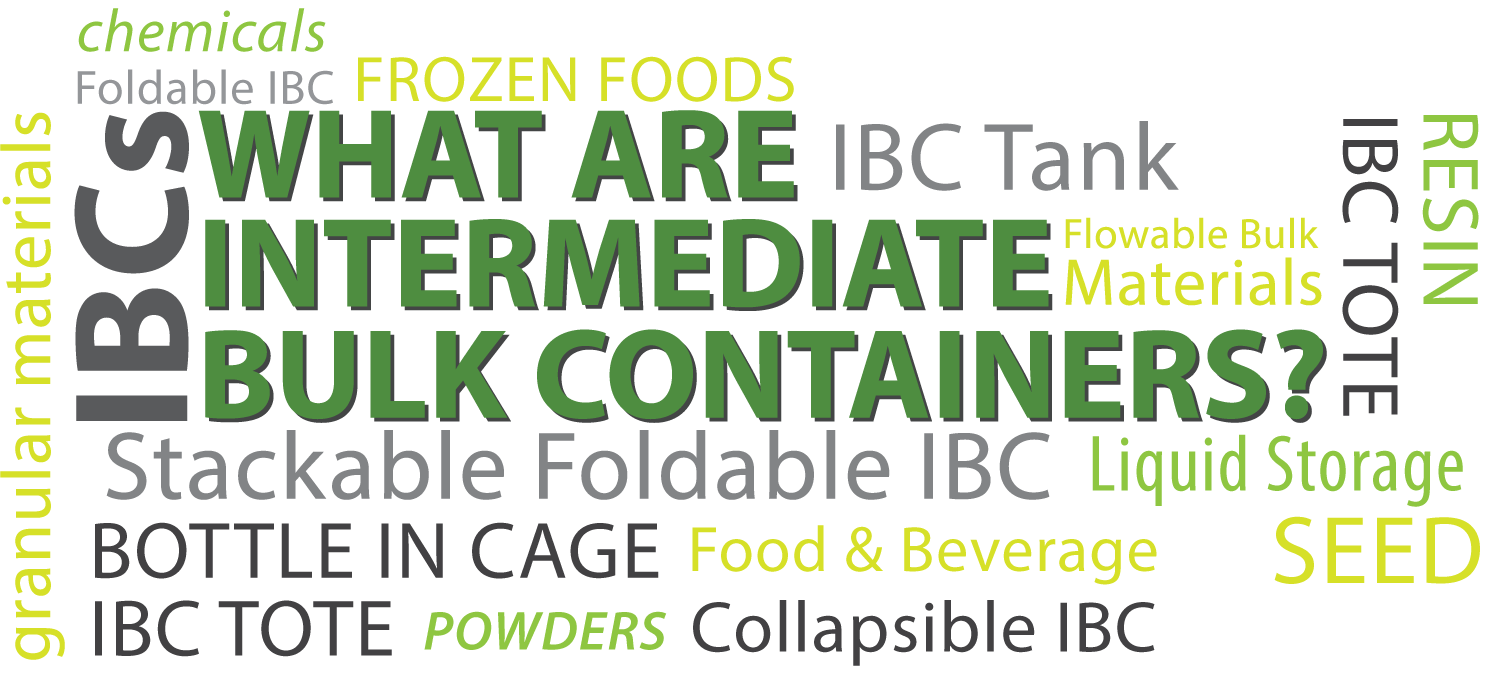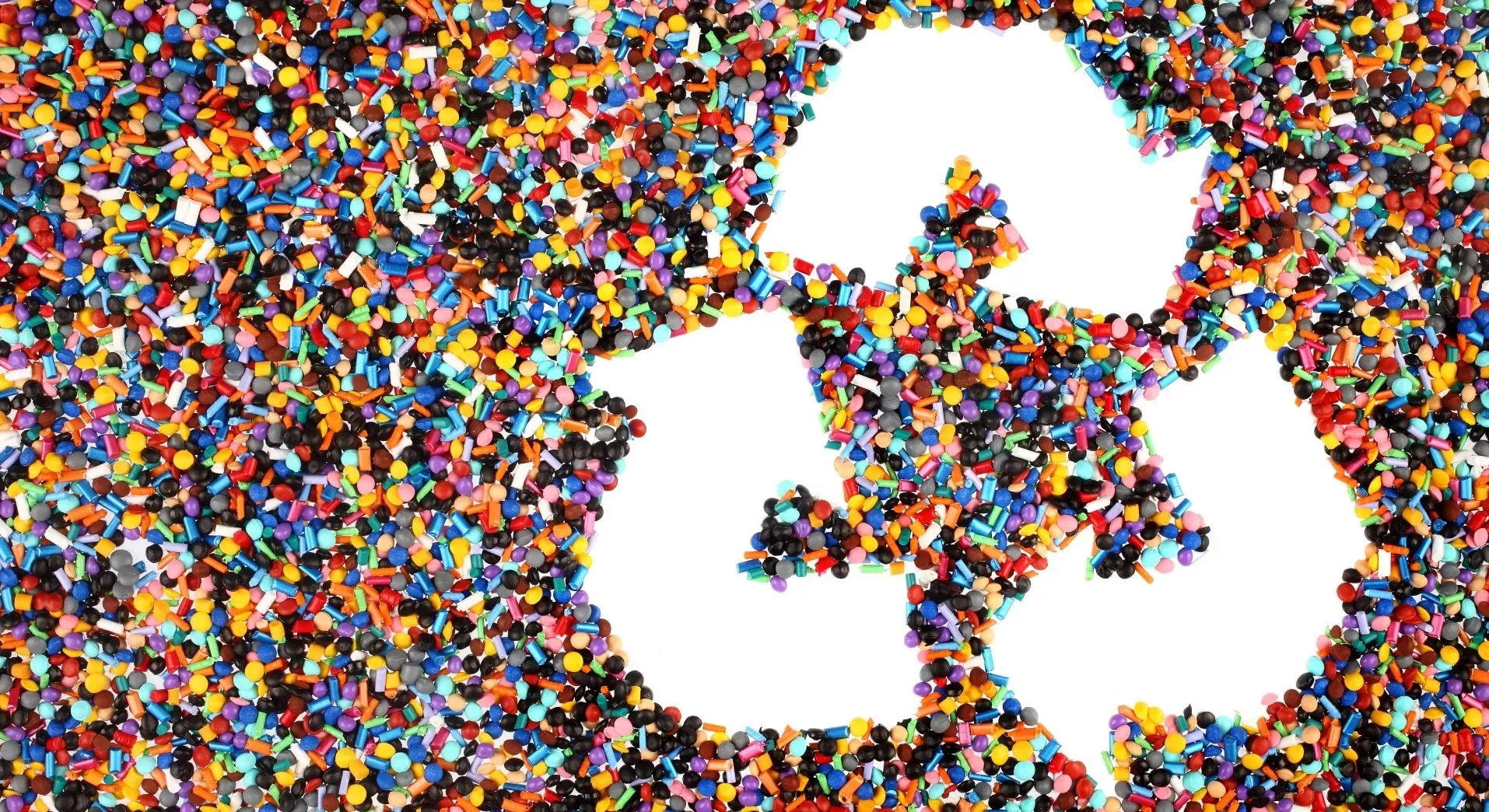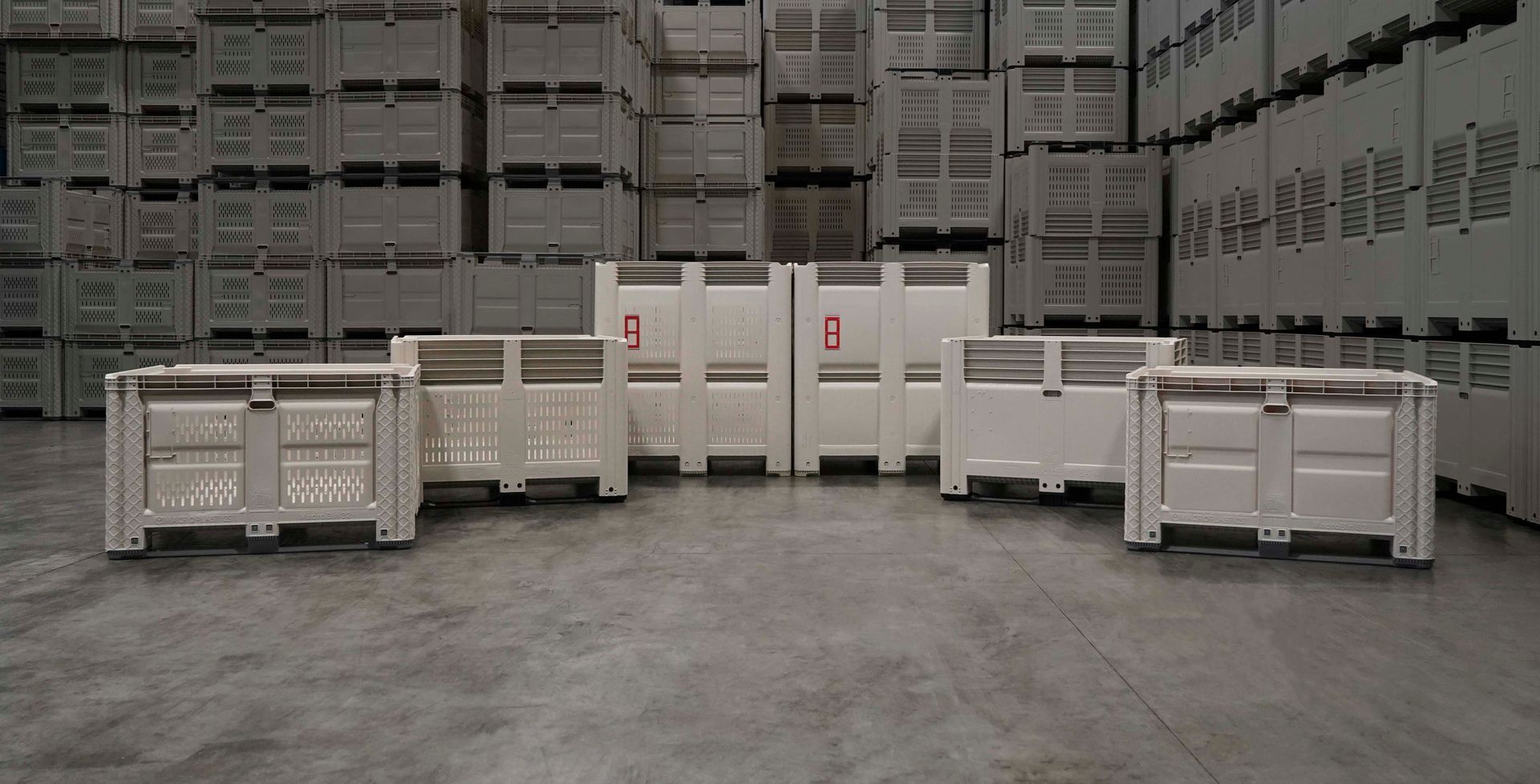Recycling Plastic
Recycling Plastic: Everything you need to know
March 19, 2022 BY REUSABLE PACKAGING NEWS
Most of us are aware that recycling is important. We know that it helps to reduce the amount of waste that goes into our landfills, and it can also be used to create new products. But what many people don’t know are the details behind plastic recycling, like where does the plastic go? Just how much does recycling plastic impact us? What makes it so important?
In this blog, we’ll be exploring everything you need to know about recycling plastic, as an individual, and as a business owner. With the growing need to become more sustainable – for the good of our planet – it’s very important to understand how we can positively impact our environment through the recycling of plastics.
Why is Recycling Plastic so Important?
There are a few reasons why recycling plastic is so important. For starters, it helps to reduce the amount of waste that goes into our landfills. It also takes less energy to recycle plastic than it does to create new products from scratch – which means that recycling plastic can help to preserve our planet’s finite resources.
Plus, recycling plastic can also create new jobs! The process of recycling plastic creates opportunities for employment in the UK, which is always a good thing.
So, How Can You Recycle Plastic?
The good news is that recycling plastic is very easy! Most local councils will have a recycling center where you can take your plastic bottles, containers and packaging. You can also check to see if your council offers a doorstep collection service for recyclables.
Businesses can also recycle plastic – and many already do. If you’re a business owner, there are a few things you need to do in order to make sure your recycling efforts are up to par. First, you’ll need to separate your plastics from other waste materials. You can do this by using different coloured bins or by having a dedicated area for recyclables.
There are recycling services available through waste disposal businesses that make recycling a very simple and easy process, leaving you with more time to run your business.
Where Does Our Plastic Recycling Go?
Once your plastic has been collected and processed at a recycling plant, it will be sorted into different types of plastic. These plastics are then sent off to manufacturing plants where they are made into new products.
There are a few different types of recycled plastic that can be used to make new products, including PET (polyethylene terephthalate), HDPE (high-density polyethylene) and PVC (polyvinyl chloride).
PET is most commonly used for making drinks bottles, while HDPE is often used for milk jugs, detergent bottles and shampoo bottles. PVC is mainly used in construction materials like pipes and window frames.
Impact on the Environment
Pollution is on the rise and greenhouse gases are a major reason for it. They’re the driving force behind climate change – an urgent problem that humanity as a whole is working to address nowadays. During the production of plastics, petroleum is burned, producing greenhouse gases. By recycling plastic rather than creating it from scratch, we can help to reduce pollution and the amount of greenhouse gases in our atmosphere.
Plastic waste, besides polluting land, water, and soil with hazardous chemicals, is also responsible for the deaths of many animals on land and in the sea as a result of ingestion. Recycling plastic reduces the amount of plastic waste, which lowers pollution levels while simultaneously protecting many animal species that are important to the food chain.
What Can Businesses Do?
There are a few things businesses can do to increase their recycling rates and make sure they’re doing their part in reducing the amount of plastic waste:
- Separate plastics from other recyclable materials. This will help the recycling process run more smoothly and ensure that none of the plastic goes to waste.
- Use different coloured bins or have a designated area for recyclables to help employees know what goes where.
- Look into getting a recycling service through a waste disposal business. This will take care of all the logistics for you, making it an easy process for your employees.
- Educate your employees about the benefits of recycling plastic and why it’s important. The more people know, the more likely they are to participate.
- Make a commitment to recycle plastic and stick to it! The more businesses that commit to recycling, the better our environment will be.
So, there you have it – everything you need to know about recycling plastic in the UK. It’s an easy process that can save our planet from harmful pollution levels and protect many animal species. Businesses can play a big role in increasing recycling rates, so make sure you’re doing your part!
March 19, 2022 BY REUSABLE PACKAGING NEWS
Do you have plastic containers that need to recycle?
RPP Containers is a leading manufacturer and stocking distributor of reusable plastic bulk containers. RPP Containers is also one of North America's largest recyclers of HDPE plastic. RPP Containers' streamlined process makes selling your used collapsible bulk containers quick, easy, and risk-free. RPP Containers purchase all sizes, brands, and conditions of used plastic bulk containers. Their industrial-scale operation can handle even the largest requirements. We buy everything from a few containers to multiple truckloads of bins.
Contact RPP Containers today about recycling your bulk containers. Call 513-489-2244 to speak with an account manager or visit RPP Containers website.
